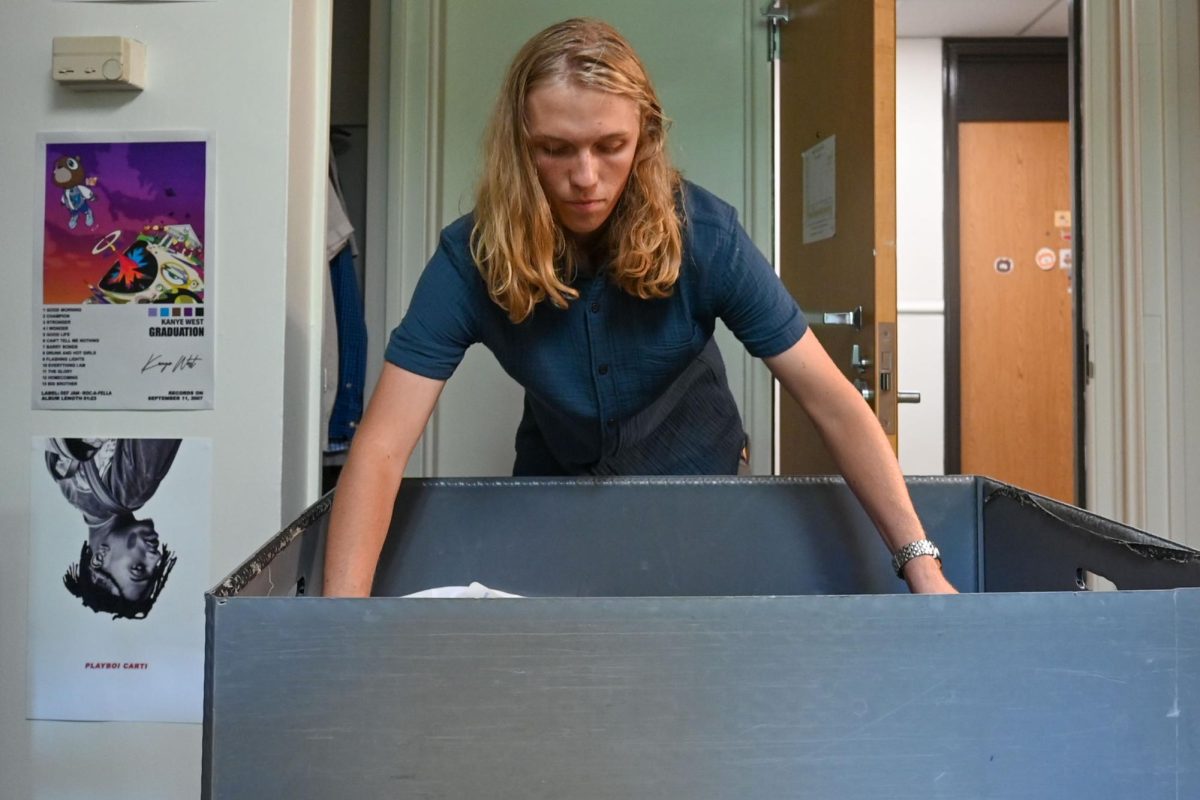America’s Social Security program is horrible. As workers, we pay the government a large percent of our income for our entire working lives with the dream that one day we will be able to stop working and retire comfortably. Instead, the most money we will receive from Social Security, if our generation receives any at all, will be just enough to live at the poverty level. This is America! The land of freedom, opportunity, etc.! It doesn’t seem right for the government to take our money without our consent. As “free” citizens, we should be able to do what we want with our own money, including plan for our own retirement. Everyone would be better off if the Social Security program was privatized. If we invested the money the federal government takes from our paychecks every week, we could be millionaires instead of retiring poor.
Here is how the current system operates. Everyone working in the U.S. pays 6 percent of their gross income (before tax) to the Social Security fund. This money is taken out of each paycheck before you touch it and forwarded to the government by your employer. Not only do you pay 6 percent of your income, but your employer matches that 6 percent tax. So in reality, 12 percent of your income is being paid in Social Security taxes — half paid by you and half paid by your employer.
The maximum payout for Social Security in 2006 is $26,000. This means no matter how much you earn or how much money you pay in Social Security taxes, you can only receive a maximum of $26,000 a year. That is a raw deal. Being a financial genius, I know this is wrong.
The median income in the U.S. is $44,000 a year. Using the current Social Security tax of 6 percent, the average American is paying around $2,600 each year in Social Security tax. Over 40 years that is $105,000 paid in Social Security taxes. In addition, your employer contributes an equal percentage, which comes out to a total of $5,200 a year being contributed to Social Security, or around $210,000 over the average American’s working life. If that money were invested rather than sent to the government, would we be better off?
If the average American were allowed to contribute $5,200 into a retirement account instead of paying that amount into Social Security, you would have more than $2.3 million at age 65. That is a conservative estimate assuming a working life of 40 years and a return of 10 percent, which is lower than the market average for the last 80 years. I don’t know about you, but given a choice, I would rather have $2.3 million than $26,000 a year to live off. The life expectancy for the average 65 year old is 17 years. With Social Security, you can withdraw $26,000 a year for those 17 years, or with your stash of $2.3 million, you can withdraw $287,000 every year before you would run out of money.
Not only would we all be millionaires in retirement, but it would greatly benefit the economy. Instead of billions of dollars sitting in the Social Security fund, the money would be invested in the stock market. These investments would greatly benefit the American economy, which would help businesses grow and invest in new technologies, as well as provide better jobs and higher wages. Companies would no longer have to contribute to 401ks and pay pension benefits, which would lower their expenses and thus lower the prices of most goods, making American products more competitive in the global economy.
However, unless something changes, the money will just sit in the Social Security fund and our dream of a luxurious retirement will be reliant on our ability to save in addition to Social Security taxes. President Bush and I do not see eye to eye on most things; however, he is right in trying to privatize Social Security. I am not familiar with the specifics of his plan, but anything that moves our current system toward privatization is a good start. This is not some “Republican propaganda” or something that “only benefits the rich;” these are simple facts. Every American would be better off if we privatized the Social Security program.
If you wish to contribute to Todd’s retirement fund, send an e-mail to [email protected]




